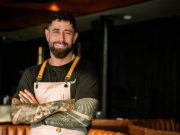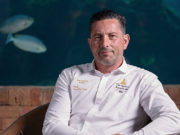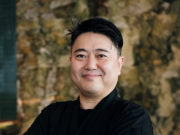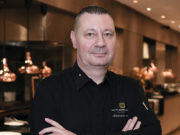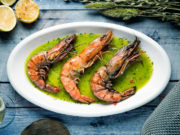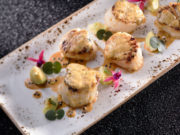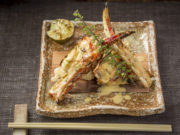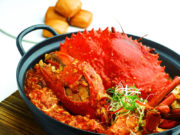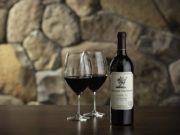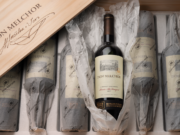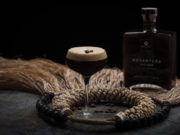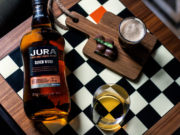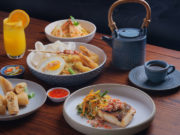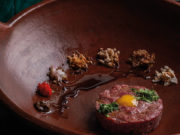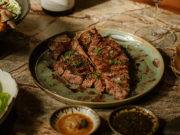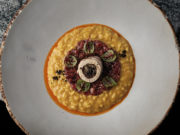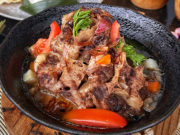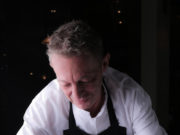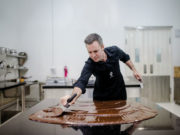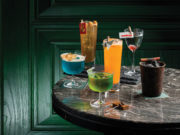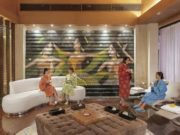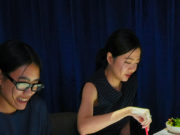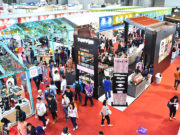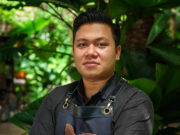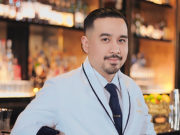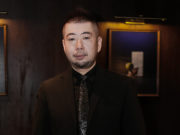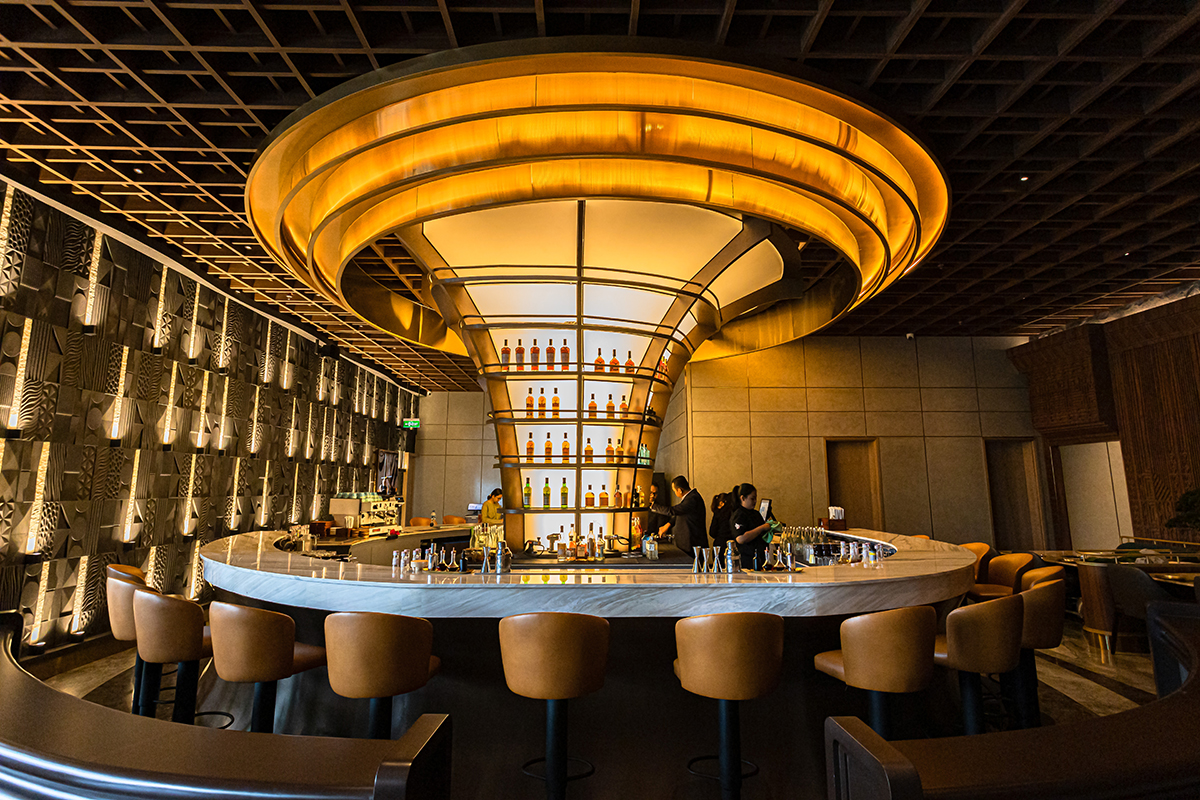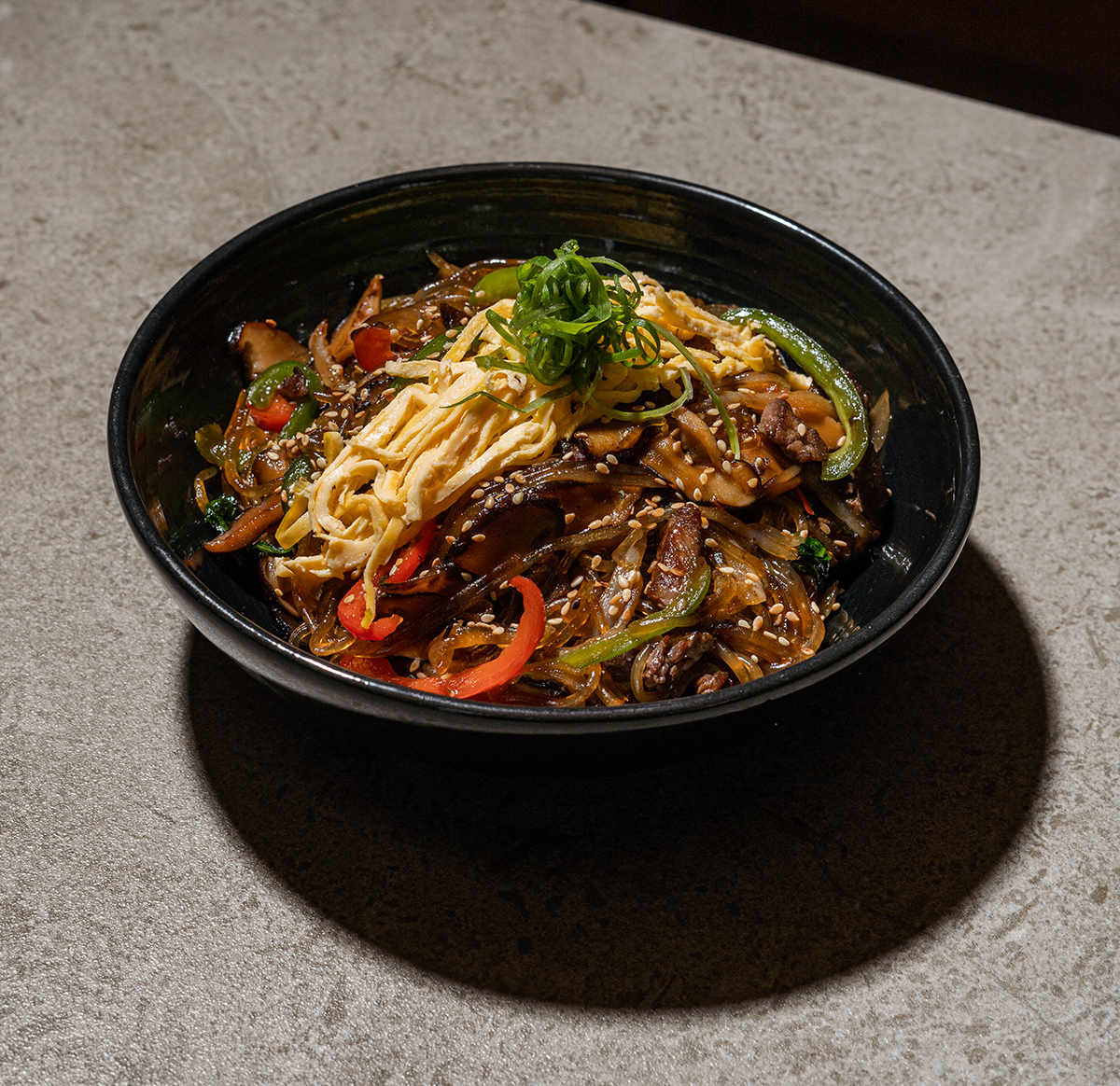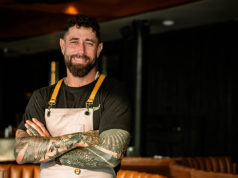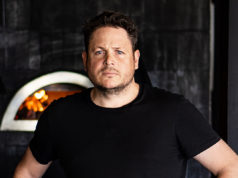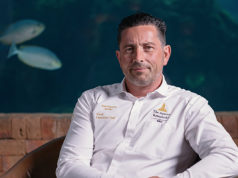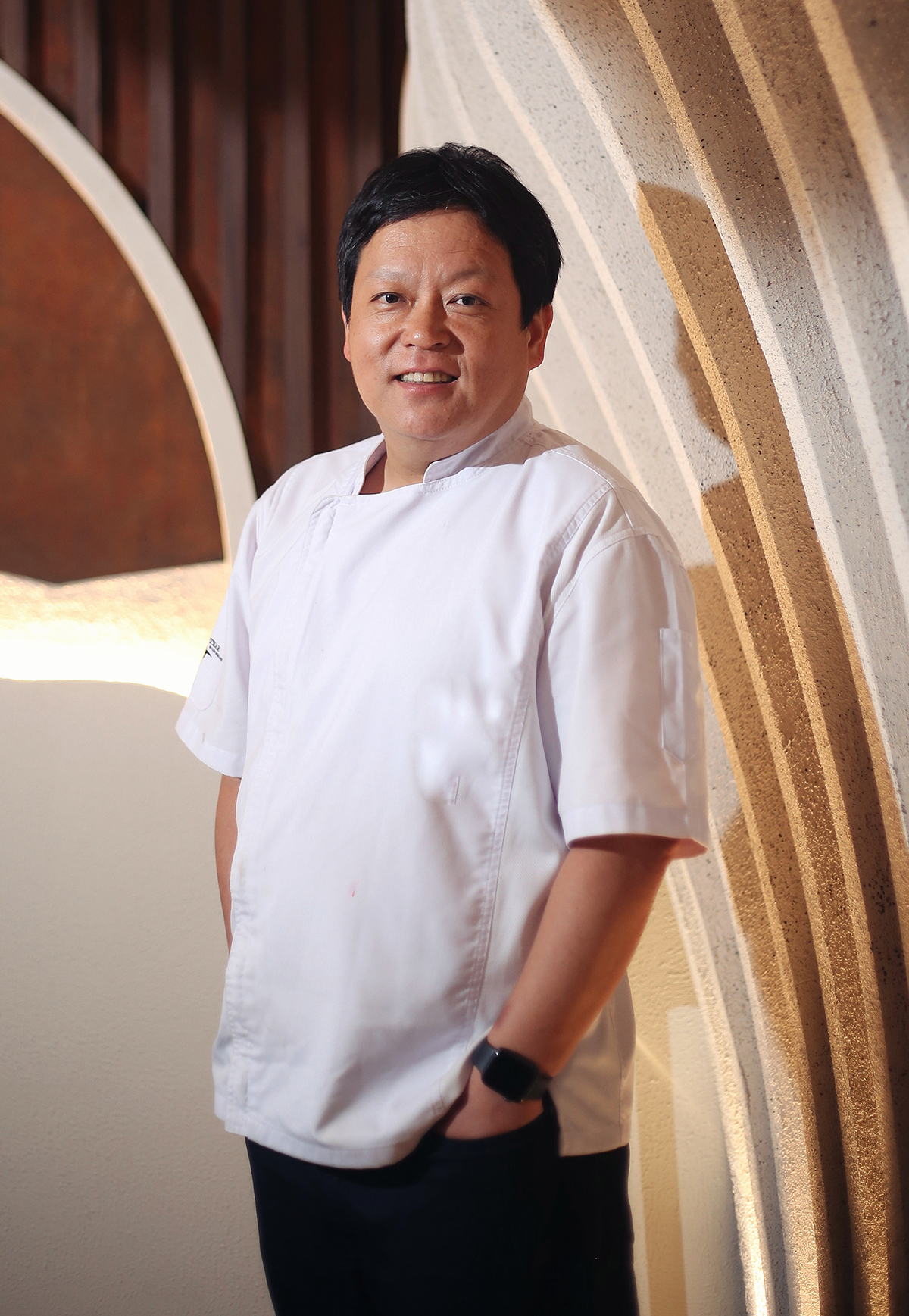
We get to know Chef Sung Won Hwang and his interesting journey, from his accidental introduction to the world of culinary, to working for one of the most renowned names in the world of gastronomy. As the executive chef of AB Steak Jakarta by Chef Akira Back, he shares more about his career with us.
– by Rizki Pradana –
E: Tell us about yourself and your career in the culinary industry.
A: I found my passion for the arts of culinary during my time in the military service. From there, I decided to pursue my education in culinary at The Art Institute of Colorado, where I met Chef Akira Back, a fellow student. We instantly bonded through our Korean heritage. Being set in the culinary industry and owning several restaurants, he later on gave me the opportunity to work at one of his restaurants and to assist him in his restaurants in Denver and Las Vegas.
I teached for around seven years. During that time, I had lost contact with Chef Akira, but one day he approached me to join his Toronto team, and later brought me here to lead AB Steak by Chef Akira Back in Jakarta.
E: What made you decide to pursue your culinary education in America instead of in South Korea?
A: I actually already had a degree in philosophy back home. After I graduated, I went into my mandatory military service, and was appointed in the kitchen. There were different attributes that made me choose America instead of South Korea – from being exposed to a more varied international cuisines, to being taught more practical-based skills.
E: Professionally, you’ve spent half of your career in North America. Can you tell what differs the region with South Korea in terms of the culinary industry?
A: Even though South Korea is smaller in size and less developed in comparison to the United States, it is easier to open restaurants there. The system in America makes it difficult to open one, but as the culinary market expands, it is easier to target a much more niche market.
At the end of the day, the working environment, system, career trajectory and opportunities are very different. In America, they pay you by the hour, time is essential and everybody is pressured to be able to do and finish many things at the same time.
E: What can you tell us about AB Steak Jakarta by Chef Akira Back?
A: When we talk about our meat quality, aside from undergoing meticulous quality control, we always go for top tier grade beef cuts and hand-select prime cuts, such as rib-eye, striploin, short rib and more. This ensures the beef served possesses premium tasting notes. When it comes to the menu, R&D is always a priority; especially in Jakarta, a city that is exposed to various cultures, we want to serve menus that suit the tastebuds of the market. It’s actually a collaborative process, not only between Chef Akira Back and myself, but chefs all around the world that is under the Akira Back Group.
One of my visions for AB Steak Jakarta by Chef Akira Back is for us to be famously known in Jakarta, not as a fine dining Korean barbecue restaurant but as a full-experience lifestyle dining. From the moment they enter our restaurant to being served their last course and leaving our restaurant, we want to make a great lasting impression.
JAPCHAE
Ingredients
Japchae sauce
- 200ml soy sauce
- 100g sugar
- 120g corn syrup
Noodle
- 5l water
- 1kg glass noodle
- 50ml cooking oil
- 50ml japchae sauce
Japchae
- 250g portion glass noodle
- 50g beef, diced
(half wagyu, half taco beef) - 20g onion, julienned
- 15g green onion
- 20g green bell pepper, julienned
- 20g red bell pepper, julienned
- 15g carrot, julienned
- 40g mushroom, julienned
- 15g spinach
- 40g japchae sauce
- Salt and pepper
- 1g sesame oil
- Sesame seeds
- 40g egg, thinly sliced for garnish
METHOD
- Make japchae sauce by mixing all ingredients together, then put aside.
- Prepare glass noodle in boiling water for seven minutes.
- Rinse the boiled noodles in cold water to cool and then drain.
- Thinly grease a pan with oil on medium heat before putting the cold noodle in.
- Sprinkle with japchae sauce and stir-fry.
- Keep doing this for about two to three minutes over low heat and finish.
- Assemble a japchae dish by cooking the beef first, stir-fry on a greased pan.
- Add the vegetables, stir-fry and season with salt and pepper.
- Add cooked noodles and stir-fry more.
- Add japchae sauce and mix the seasoning evenly.
- At the end, add a little bit of sesame oil and plate.
- Garnish with sesame seeds.
Exquisite Taste Volume 43
AB Steak Jakarta by Chef Akira Back
IG: @absteakjakarta


